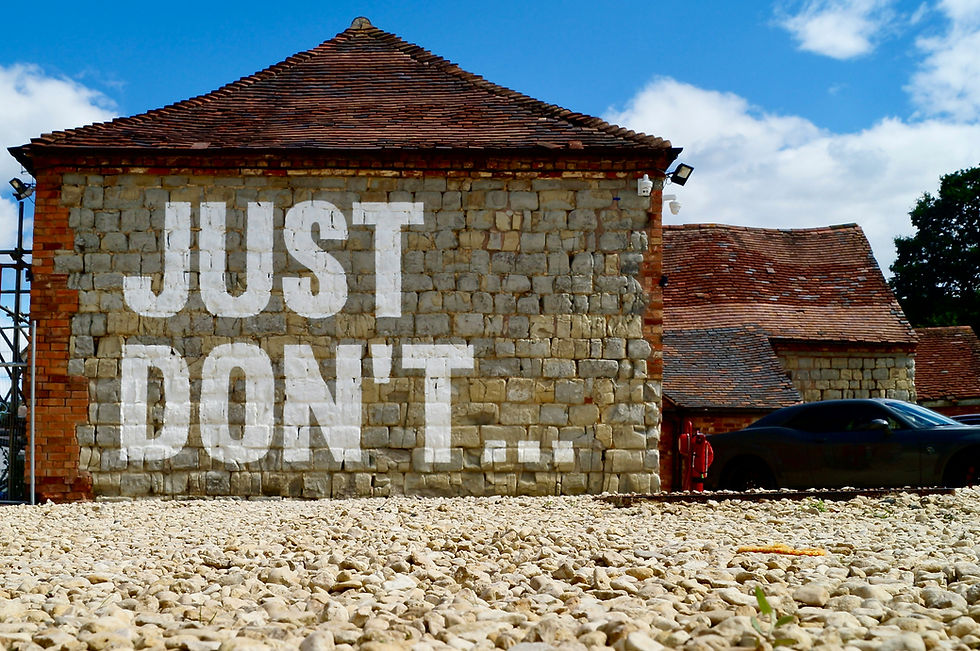The Gift—and Curse—of Fear
- Jessica Kiragu
- Aug 30, 2025
- 3 min read
Lately, I can’t help but notice how much fear is in the air. It shows up in the news, in politics, in church pews, even around our kitchen tables. And it’s shaping what people believe is possible for this country. Not in a good way.

Some of that fear feels close to home. I fear the vision held by communities I once belonged to—a vision I see moving closer every day. What feels like a dream to them looks like a nightmare to me. It looks like control, exclusion, the loss of shared humanity.
Years ago, I read a book called The Gift of Fear by Gavin de Becker. The title struck me. A gift? Really? It brought to mind a bible verse I had to memorize as a child—the one about how God hasn’t given us a spirit of fear. Avoid fear. Don’t listen to it. That was the central message I grew up hearing about fear.
But the author’s point has stayed with me—fear can be a signal, a way of keeping us safe. And over the years, I’ve experienced it myself. When I could pay attention to it, fear has warned me when something wasn’t right. It’s pulled me out of unsafe situations. It’s even woken me up to truths I might have ignored.
But lately I’ve been wrestling with something else. Not all fear works that way. Some fear doesn’t guide us—it traps us. Some fear is less of a gift and more of a curse.
Whiteness in the U.S. was born from that cursed kind of fear. Fear of difference. Fear of loss. Fear of what might happen if white people didn’t control the rules of belonging, safety, and power.
That fear bulldozed people. It justified violence. It built systems designed to protect whiteness above all else.
And it’s still here. I see it fueling our public life. It whispers lies. It convinces white folks that if we lose majority status, we’ll face the same harm whiteness has caused others. It seems to reduce everything to two options—domination or destruction. It leaves little room for imagination or possibility for a world where everyone can thrive.
That fear doesn’t protect us—it immobilizes us. It keeps us small and defensive. It tells us to cling to control instead of reaching for connection. It numbs us to compassion and makes it easier to look away from someone else’s pain.
But what if we shifted it?What if our fear wasn’t about losing dominance, but about losing our humanity?What if we feared silence more than speaking out?What if the greater risk was shrinking back from love and liberation?
That kind of fear might actually save us. It could wake us up. It could push us toward building a world where no one has to lose for someone else to win.
I’ll be honest—I do fear what a world built on whiteness means for my mixed-race kids and my black partner. But I also fear what it does to me as a white person. Because in that world, love of neighbor is replaced by fear of neighbor. Care becomes rare instead of necessary. And we lose the best parts of ourselves.
So yes, I’m afraid. But more than that, I’m learning to listen for what kind of fear is speaking. The fear that protects, that awakens—that’s a gift. The fear that dehumanizes, that doubles down on whiteness—that’s a curse.
What if fear didn’t shrink us but opened us? What if we let fear guide us not into isolation, but closer to our shared humanity, moving us toward love, compassion, and liberation—for all of us? What if we stepped into that possibility together?
And what small step could you take in that direction today?




Comments